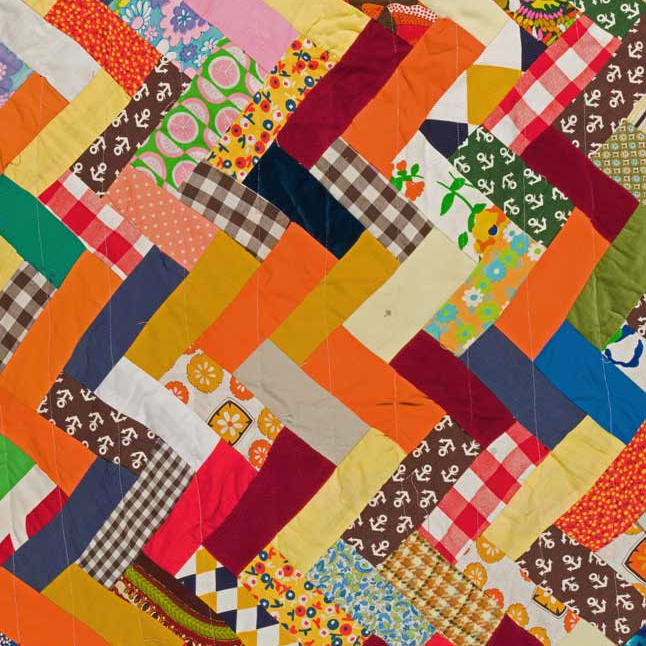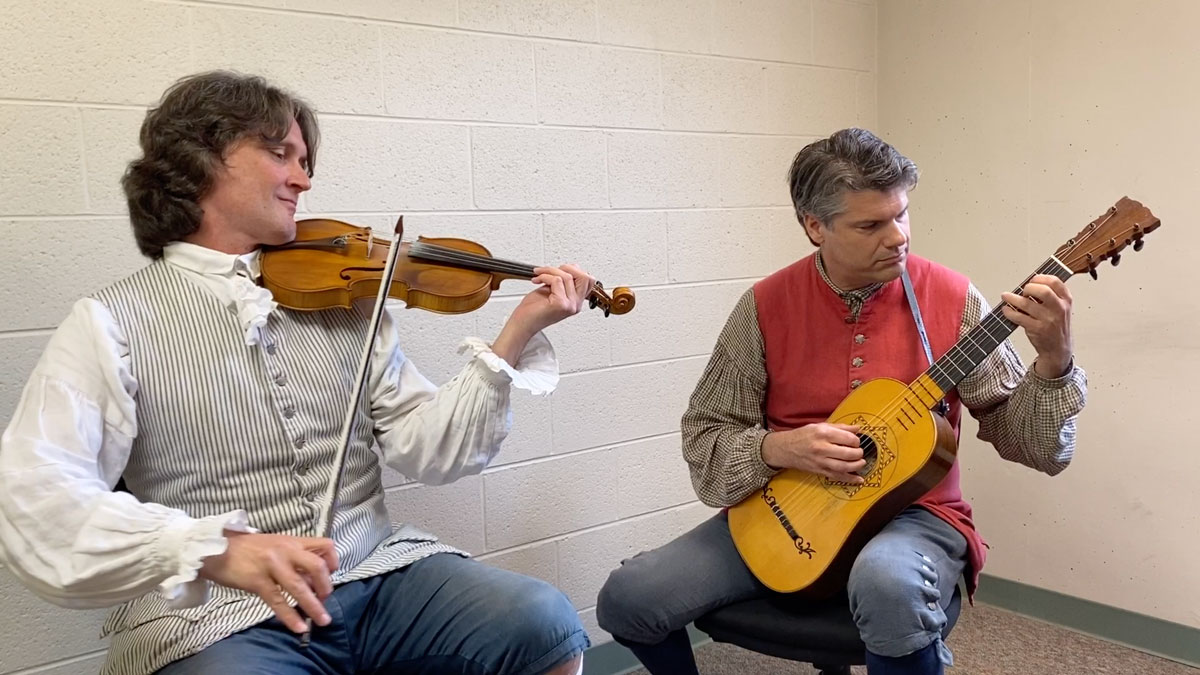Whether you’re looking to read up on this topic before joining the conversation, or want some further reading afterward, here’s our recommended reading.
Colonial Williamsburg Juneteenth Resources
Colonial Williamsburg has created several
related web resources, including an informational What is Juneteenth? page, a calendar of Juneteenth special events at
Colonial Williamsburg, and a Juneteenth Historical Timeline that
provides history and context for the commemoration.
Juneteenth Resources from other Cultural Institutions
The Smithsonian
National Museum of African American History & Culture offers The Historical Legacy of Juneteenth and the Library of
Congress blog offers: The Birth of Juneteenth; Voices of the
Enslaved
and "Emancipation Day in South Carolina . . .," an
1863 illustration from Frank Leslie’s Illustrated Newspaper.
The Library of Virginia’s The Uncommonwealth blog focuses on Why Juneteenth? while PBS features What is Juneteenth? From Henry Louis Gates Jr. Additionally, the National Archives presents an online exhibit The Emancipation Proclamation that provides context on that document issued January 1, 1863.
Colonial Williamsburg Resource Library
The Resource Library provides access
to numerous resources that explore relevant themes such as citizenship, civics, and government using video,
lessons, and interactive web activities. The Resource Library features several relevant resources such
as the When Freedom Came electronic field trip and Whose Emancipation?
Colonial Williamsburg Videos
Colonial Williamsburg’s YouTube Channel features 2020 productions Juneteenth at Custis Square and Before Juneteenth.
Further Reading
On Juneteenth. Annette Gordon-Reed. New York, NY: Liveright
Publishing Corporation, a division of W. W. Norton & Company, Inc., 2021.
For children:
All Different Now: Juneteenth, the First Day of Freedom. Angela Johnson. New York: Simon & Schuster Books for Young Readers, 2014.






